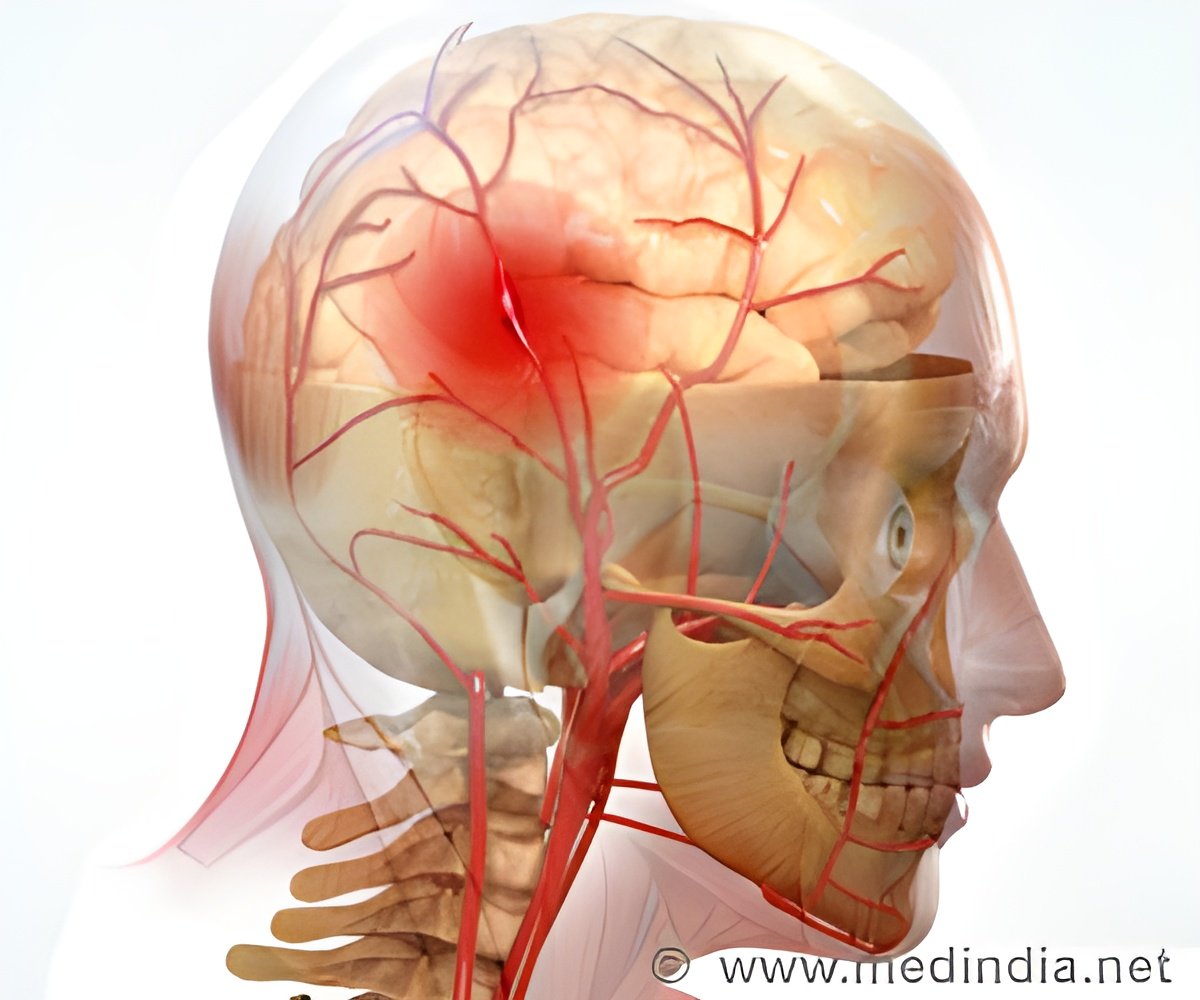A study says that experiencing atrial fibrillation while hospitalized was associated with an increased long-term risk of stroke, especially following noncardiac surgery.

Gino Gialdini, M.D., of Weill Cornell Medical College, New York, and colleagues conducted a study to determine the long-term risk of ischemic stroke after perioperative AF of patients undergoing surgery, using administrative claims data from California acute care hospitals between 2007 and 2011. For this study, perioperative was defined as AF newly diagnosed during the hospitalization for surgery.
The study included 1,729,360 eligible patients with an average follow-up time of 2.1 years. Among these patients, perioperative AF was documented in 24,711 cases (1.43 percent). After discharge from the index hospitalization for surgery, 13,952 patients (0.81 percent) went on to experience an ischemic stroke. At 1 year after hospitalization for noncardiac surgery, cumulative rates of stroke were 1.47 percent in those with perioperative AF and 0.36 percent in those without AF. At 1 year after cardiac surgery, cumulative rates of stroke were 0.99 percent in those with perioperative AF and 0.83 percent in those without AF.
Analyses indicated that perioperative AF after noncardiac surgery was associated with twice the risk of stroke and a 30 percent greater risk after cardiac surgery.
"Our results may have significant implications for the care of perioperative patients. The associations we found suggest that while many cases of perioperative AF after cardiac surgery may be an isolated response to the stress of surgery, perioperative AF after noncardiac surgery may be similar to other etiologies of AF in regard to future thromboembolic risk. Our results suggest the need for future studies involving long-term ambulatory cardiac monitoring to better delineate the risk associated with transient vs persistent perioperative AF, as well as randomized clinical trials to determine optimal strategies for antithrombotic therapy in patients with perioperative AF and a significant burden of other risk factors for stroke," the authors write.
Source-Eurekalert
 MEDINDIA
MEDINDIA



 Email
Email










